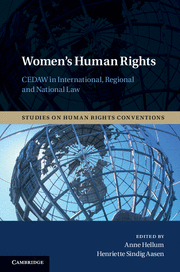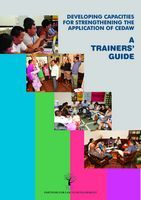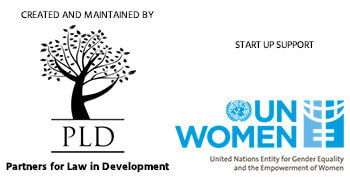While adjudicating upon a case of alleged rape, where the question of consent was the issue, the Supreme Court observed that sex with the consent of the girl on a promise to marry her will not constitute rape unless it was shown that such consent was obtained by the man under coercion or threat. In the case in hand, both the trial court and the Patna High Court had dismissed the plea of the appellant/accused for discharge from the case. The discharge was sought on the ground that the girl had given consent for sexual relationship and hence no offence was made out.
The respondent/victim in the case had filed a complaint for rape and breach of trust at the trial court on the ground that the appellant/accused had given her a promise of marriage pursuant to which she had agreed to have a sexual relationship with him; however he did not marry her. On the question of consent, the Supreme Court opined that consent requires voluntary participation in the sexual act after exercise of intelligence based on the knowledge of the significance and moral quality of the act. The Bench said that there was no straitjacket formula for determining whether consent given by the girl was voluntary or given under a misconception of fact, viz ‘promise to marry.’ The Court expressed difficulty in validating all consent in such cases, distinguishing between promises that are patently false, intended purely for purposes of securing sexual consent, from those that are not. Remitting the case back to the trial court for reconsideration of evidence, the Court observed that ‘the court has to see whether the person giving the consent has given it under fear or misconception of fact and the court should also be satisfied that the person doing the act, i.e. the alleged offender is conscious of the fact or should have reason to think that but for the fear or misconception, the consent would not have been given.’
The proposition that a reneged promise of marriage can transform consensual sex into rape in some situations has implications for the evolving legal discourse on sexuality. The discussion needs to consider ways in which this position reinforces notions of chastity and honour in which the law remains embedded; and how this might impact the struggle for recognition for women’s sexual autonomy and agency. Penal regulation of sexuality still dominates the discourse, through the use of previous sexual history, adultery, and kidnapping/ abduction charges that punish women for positive expressions of sexuality. It must also consider the demand for criminalisation of marital rape that refutes the assumption of blanket consent in marriage (or indeed, the promise of marriage).
Partners for Law in Development, October 2012
For further information see:










